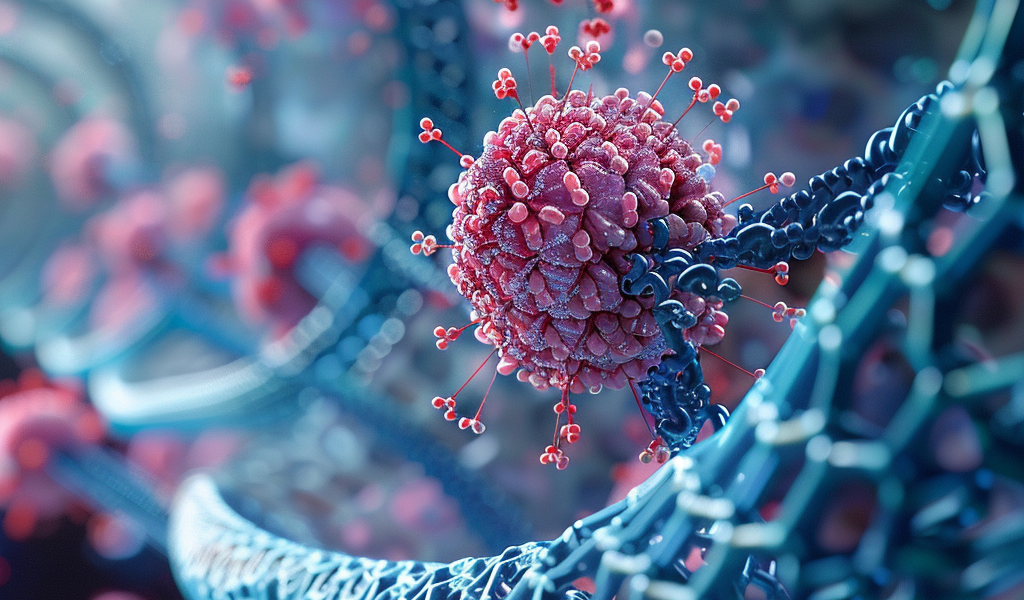Researchers have developed an innovative nanocage system that shows promise in sustainable cancer drug delivery, offering a targeted approach to deliver drugs to tumors while minimizing negative side effects. This novel drug delivery method combines proline and metals like palladium to transport chemotherapy drugs via nano-sized cages, delivering the medication more directly to tumors while protecting healthy cells.
The delivery system could potentially transport chemotherapy drugs, antibiotics, and antivirals, providing a new avenue for drug delivery. By harnessing the properties of proline, an amino acid found in chicken feathers and skin tissue, this approach aims to reduce side effects commonly associated with chemotherapy, such as hair loss and nerve damage.
The nanocage, constructed from proline and collagen, can be filled with various medicines and deliver them in a highly targeted manner. Dr. Charlie McTernan, the principal author of the study and a Lecturer in Chemistry at King’s College London, highlighted the potential of this nanocage structure to revolutionize drug delivery by offering a more precise and adaptable method compared to traditional hydrocarbon-based cages.
The researchers emphasized that this innovative nanocage structure can be tailored to different sizes and has the potential to replace faulty enzymes in the body, a feat previously thought impossible. By blocking faulty enzymes, inflammation levels could be reduced, presenting a new approach to managing certain health conditions.





